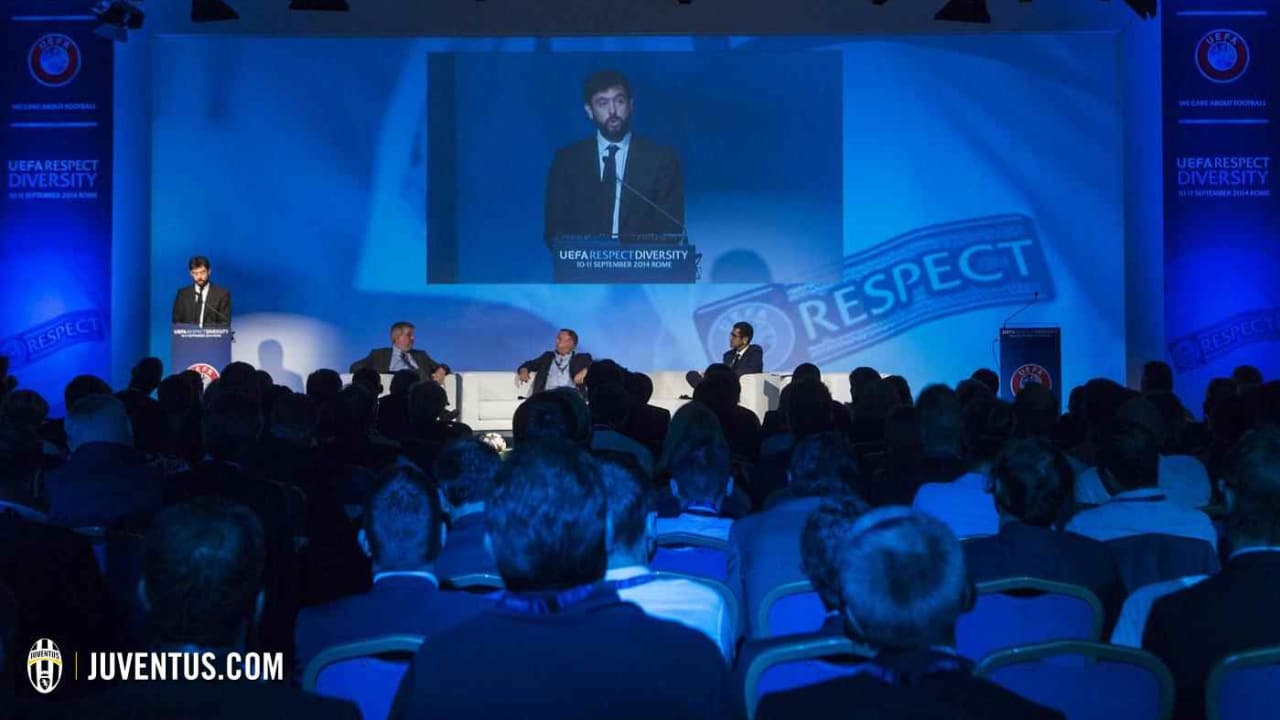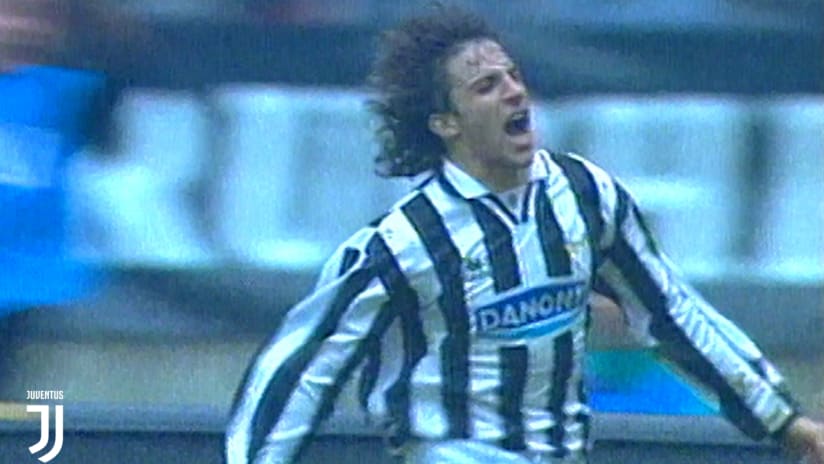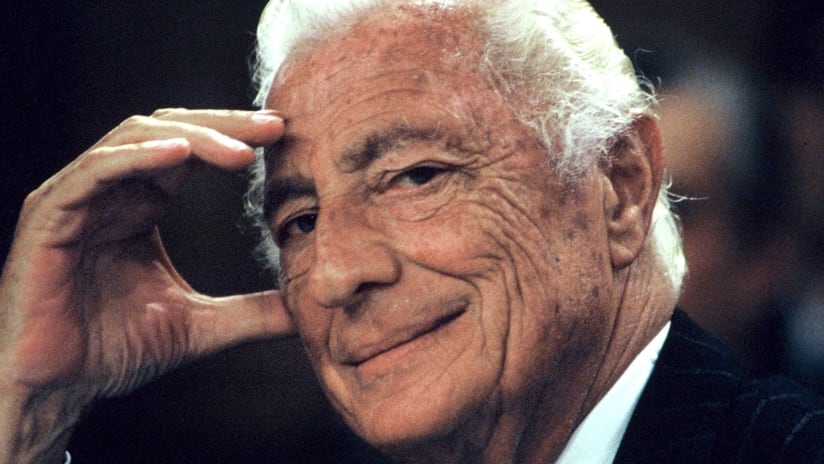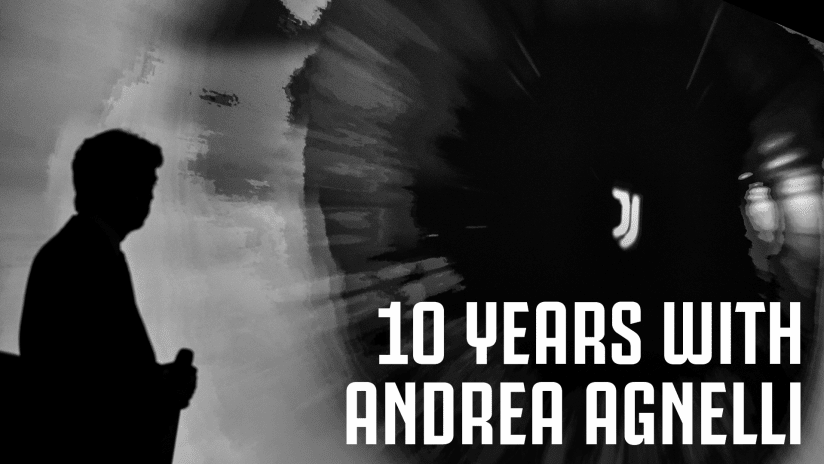10 September 2014
It is a great honour for Juventus Football Club and myself to speak to you today about something that affects us all. Discrimination.
Discrimination is a complicated issue. We all know that it exists and that it needs changing, but for many people, it is difficult to know where to find the right solutions.
At Juventus, it is our ongoing pledge to focus on education as the key to tackling all forms of discrimination and promoting integration.
In June this year, we hosted a charity match against Real Madrid in the UNESCO Cup with proceeds funding reintegration initiatives for child soldiers in Mali and the Central African Republic. They are provided with access to literacy programmes, professional training and participation in cultural, sporting and artistic events. By increasing their skills and intellectual involvement, we are helping to rebuild their confidence and offer them hope of a better future – a future which sees them in a stronger position to integrate in this fast-moving, globalised environment that we live in. These are without doubt the skills we all need to possess in order to feel fully included in both professional and social walks of life.
Anti-discrimination, integration and education. These can be regarded as the three building blocks of a happy society – especially in this world I already described, a world in which people are moving from country to country at an unprecedented rate for working, studying and living abroad.
We have become a truly migrant population and the most harmonious societies have learnt to accept and include the various groups of people coming from overseas. Some countries have made more progress than others in this regard. For many decades now, the United Kingdom has witnessed very high levels of immigration, leading to a multicultural environment, not only in the big cities, but even in the countryside. From my experience of living and studying in England, I noticed how it is completely normal for British people to walk down the street, even in smaller towns, and see as many people of a different ethnicity as his or her own. This is the situation and most people are not concerned nor bothered by it. They are used to it and they get on with their daily lives.
Italy is just waking up to this phenomenon of mass immigration. Of course, we were for many years a land of emigrants, but this is the first time in our history that we are seeing such numbers of people arriving on our shores and staying for long periods in order to make a living. The world has changed and Italy too is becoming a more multicultural country than ever before.
There is no better example of this than the football pitch. Our teams and our changing rooms have become multicultural workshops, filled with players from all over the world. I only need to think of the Juventus line-up this year to count eight different nationalities that take to the field every weekend. When they put on those black and white stripes, our fans are not worried about where they come from. The Italian public has become accustomed to cheering for these men. They could be from Ghana, Argentina or Turin. All that matters, is they work together.
The current World Champions Germany are made up of a group of footballers who were not necessarily born in the country. Their all-time leading goalscorer, Miroslav Klose, was born in Poland but has become an iconic figure for all of Germany. If we were to look at the Italian national side, we have a few players with Italian passports but with foreign heritage, who are becoming prominent figures for both club and country. It goes without saying that if Italy can include every component of its population in the same way as Germany, we would reap the benefits both on and off the pitch.
The international nature of the modern-day football club makes this sport the perfect means through which we can tackle racism. Unfortunately, we still hear chants in football stadia, both in the form of racism and territorial discrimination between Italians. We all know that Italy is a country made up of different provinces with different ways of life – this is the cultural variety that should make us stronger as a people, yet we continue to turn a positive into a negative. Why do we need to look at our differences with anger and aggression? If Italy can win World Cups by coming together as a nation, this country can excel in all walks of life when we treat each other equally and unite properly.
I am proud to say that Juventus Football Club is committed to promoting these fundamental messages through a couple of very important initiatives.
This is the sixth year of the “Un Calcio al Razzismo” (“Kick out Racism”) programme, in which Juventus and UNESCO Centre of Turin sponsor anti-racism projects set up by non-profit associations, secondary schools and 18 to 25 year-olds in Piedmont.
This year we awarded grants to two young men with some very bright ideas that will boost the integration of ethnic minorities into the local community. The projects will see the provision of academic support and afterschool activities to children from families that would otherwise have little or no means to have a sense of belonging in society.
Here at Juventus, we believe that there is no better way for promoting integration in society than education and this works two ways. Not only will education give these disadvantaged families a platform from which they can aspire to earn a better living, there is also the kind of education that is not taught, but rather assimilated naturally by co-existing with people from different backgrounds.
This is the idea behind the “Gioca con me” (“Play with me”) initiative in cooperation with UNESCO Centre of Turin and local state schools. When I was a young boy, it was common to go to the park and play football with other kids. Now, with the rise of soccer schools across Europe, this is becoming less and less common. These schools are offering superb training, but not all families can afford to send their sons and daughters on the courses.
“Gioca con me” levels the playing field by inviting children with strong academic performances who, for economic or social reasons, cannot afford to sign up for the Juventus football schools. Thanks to this great scheme, they have the chance to play and participate in a whole range of recreational activities.
By mixing children from very different upbringings, we are breaking down dangerous prejudices motivated by class. Whereas before children would most likely select friends from the same social standing, we have seen friendships form irrespective of wealth and race. This, to me, is education in its purest form. If we can open up people’s minds from a young age, they will grow up to become the responsible and respectful adults of tomorrow. These are the kind of people we also want to see at the Juventus Stadium, which already provides the best family atmosphere in Serie A.
Equality should be a given in life, but unfortunately it is something that is taken for granted. I believe that the wonderful initiatives we have come up with at Juventus are able to show that there are people working in Italy to overcome the ongoing problem of discrimination.
In conclusion, I would like to mention a project that we are currently collaborating on with UNESCO. After signing the partnership with UNESCO Director-General Irina Bokova at the Organisation’s Paris Headquarters in May 2014, Juventus is committed to financing an original research project that will examine the problems of racism and discrimination in high-level professional sport with a particular focus on football. The results will be published in an official report aimed at providing governments and other stakeholders with insight and data on these phenomena. We are looking to finalise this document by the end of 2015.
We have shown at Juventus that the education of integration provides the right answers to stamping out discrimination. The example set at our club is something that we hope other teams will follow attentively. Football has a responsibility to eradicate this problem and by pulling together in the same direction we will learn to respect each other’s differences.
I would like to end my speech today with a quotation that I believe encapsulates the issue. As the American politician Shirley Chisholm once said: “In the end antiblack, antifemale, and all forms of discrimination are equivalent to the same thing – antihumanism”.
Thank you for your invitation and thank you for your attention.




